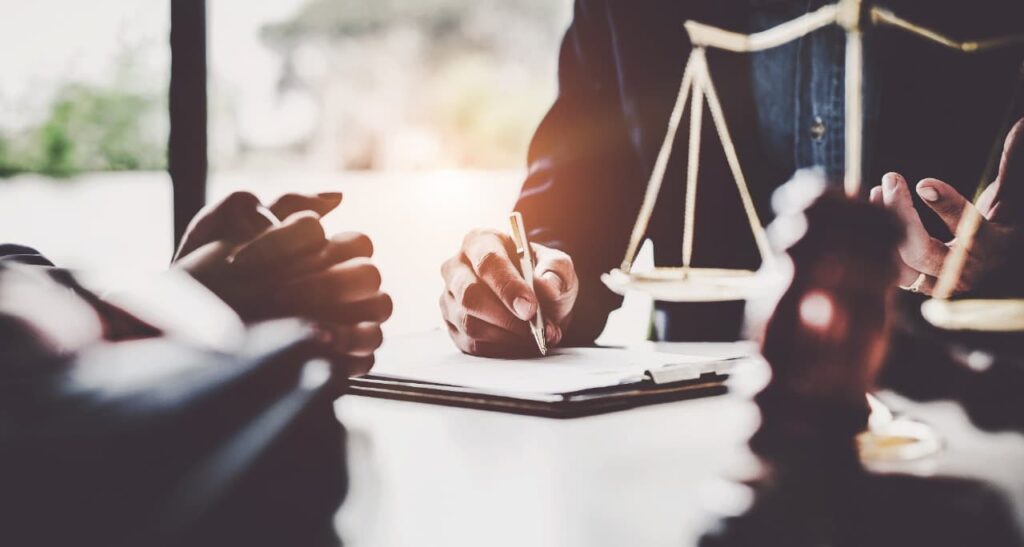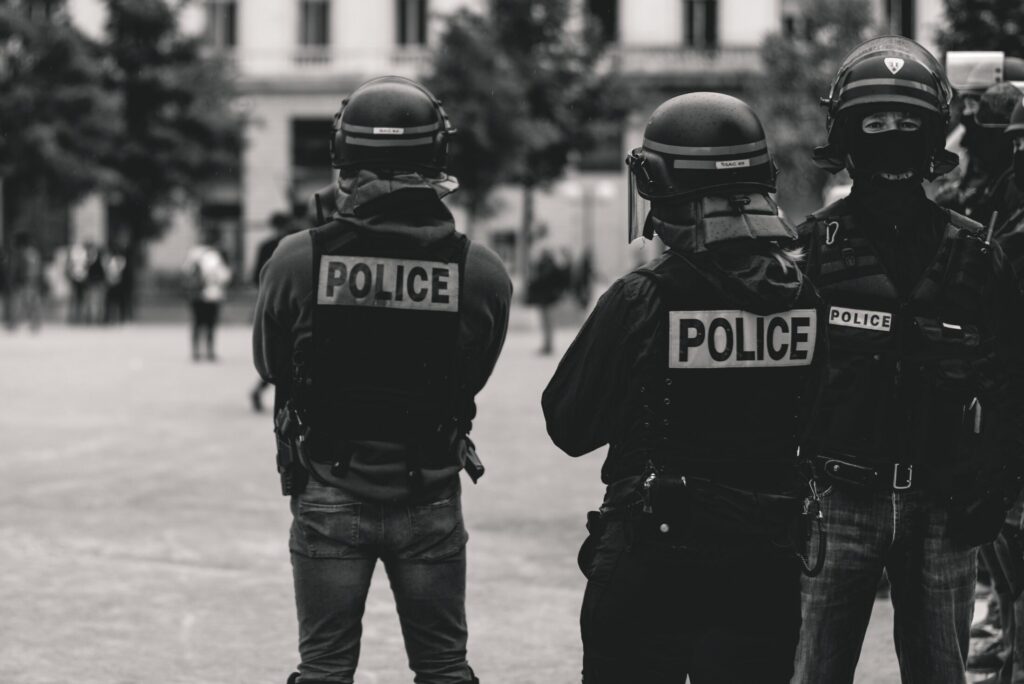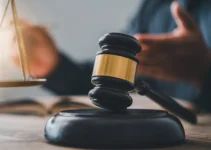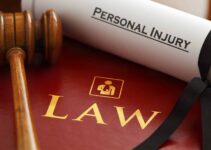If you’re arrested or you’re being interrogated, your best strategy is to avoid talking to police unnecessarily, and definitely avoid talking to the police alone. But why is this the case?
Oftentimes, people falsely assume that the police are on their side, or believe that they can get out of this situation by making a few excuses or persuading officers to believe a certain story. These are flawed premises that can end up putting you in a far worse position.
So what should you do instead?
The Best Option: Hire a Lawyer

Source: feldmanroyle.com
According to Bamieh & De Smeth, your best course of action is hiring a criminal defense lawyer as soon as you can. This way, you won’t have to talk to the police alone. Instead, you’ll have a professional lawyer at your side.
Your criminal defense lawyer will understand the law, inside and out. They’ll be able to figure out exactly what your position is, exactly what you’re being charged with, and possibly, the best course of action to escape those charges. They’re going to serve as your expert advisor, helping you understand your situation more thoroughly and providing you with insights you can use to maximize your chances of acquittal – or at least a reduced sentence.
Having a lawyer present is also valuable for making sure that you’re processed correctly and in full compliance with the law. Most police officers are scrupulous and both willing and able to follow the law when arresting someone; however, not all officers are like this.
Some will, intentionally or unintentionally, violate the law or process you incorrectly in an effort to increase the chances of conviction or extracting a confession from you. Your lawyer will be there to prevent this from happening, and if it does happen, make sure that you’re treated fairly given the circumstances. If you’re processed incorrectly, police may be forced to let you go.
Being alone with police officers after being accused of a crime is terrifying, or at least intimidating. Those high emotions can make you behave in ways you wouldn’t expect, such as confessing to something you didn’t do or displaying an emotional outburst. Being with a lawyer will make you more comfortable and less prone to these mistakes.
Ultimately, talking to police officers alone is a bad idea for two main reasons: you don’t know the law and the police are not your friends. Let’s explore these ideas in a little more detail.
You Don’t Know the Law
You may have watched a lot of legal dramas, but chances are, you don’t know the law – or at least, you don’t know the law as well as a lawyer would.
- The law is complicated: The law is extremely complicated. Small technical details can make or break a case, and those details vary depending on where you committed the supposed crime. It’s hard to even for experts to make sense of some of these things. For an amateur, it’s downright impossible
- Self-incrimination is easy: It’s easier than most people think to self-incriminate. One slip of the tongue could imply your guilt, ultimately leading to your conviction.
- You can be arrested/convicted for any crime: You may think you’re being detained on suspicion of one crime, but police could eventually charge you with another. If police have a reason to target you, they’ll keep searching for new reasons to hold you.
The Police Are Not Your Friends

Source: algorithmwatch.org
The police are not your friends, no matter how it looks or how it feels. During the initial stages of your interrogation, police officers may be exceptionally warm and friendly, intentionally lulling you into a false sense of security. Don’t buy into this act.
- The police can lie to you: Police offers can and will lie to you. They may suggest that they believe you didn’t commit this crime. They may suggest that you can walk away without charges if you just confess. They may promise you a reduced sentence if you take a specific course of action. But you have zero assurance that any of these things are true.
- The police are skilled interrogators: Most police officers are skilled and experienced interrogators. They know exactly how to manipulate people, they’re familiar with the emotional responses most people have in this situation, and they’re more than willing to try and extract a confession – even if it’s a false confession. If you’re alone, you’ll be vulnerable.
- The police can (and likely will) record everything you say and do: Everything you say or do is probably going to be recorded. You can’t afford to say or do something incriminating.
- The police may follow procedures improperly: There’s no guarantee that police are going to follow proper procedures – that is, unless you have a legal expert by your side.
Best Practices for Talking to the Police
If you do have to talk to the police, either because you’re being interrogated or because you’re being detained, these are some best practices you’ll want to follow:
- Stay informed: Depending on the circumstances, if you’re not being formally arrested or detained, you may be free to leave. Be sure to ask officers whether you’re being arrested, whether you’re being detained, and what you’re being arrested or detained for. They may not be immediately willing to provide this information to you, but they are obligated to do so; keep pushing, calmly and politely, to gather as much information as you can.
- Be polite: Be as polite as possible. It’s true that the police are not your friends, and you don’t really owe them anything. But if you operate in a polite and compliant manner, the police will likely respect you more and be more willing to treat you fairly.
- Keep it simple: If you do decide to volunteer any information to the police, keep it as simple as possible. For example, if they ask you what your name is, only provide your full name – don’t provide any other unnecessary details. There are only a few small pieces of information you’re legally obligated to give police officers, so remain silent for everything else.
- Insist on a lawyer: Insist on getting a lawyer. Police officers may dissuade you from doing so or explain to you that lawyers are for guilty people, but don’t listen to them. Keep insisting on having a lawyer until you’re able to get one.
Talking to the police by yourself is always a bad idea, especially if you have landed yourself in a high risk situation. The best solution is to hire a lawyer as soon as possible, so you have an expert advisor on your side to ensure you’re treated fairly and provide you with advice on what to do next.



